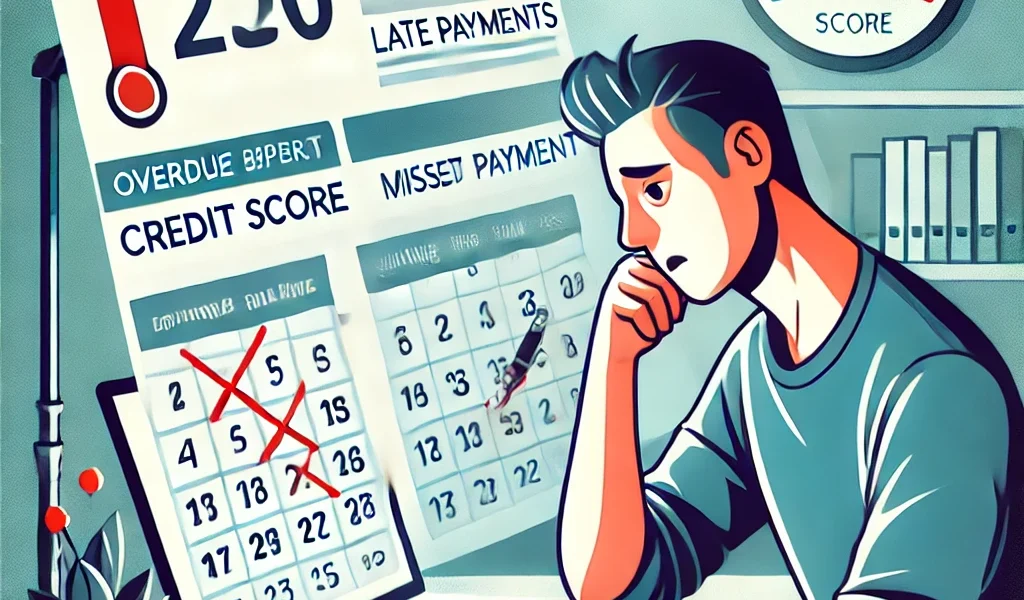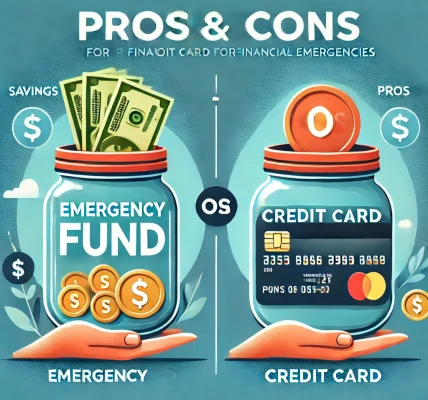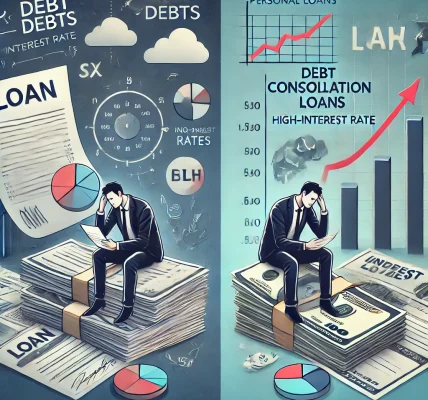Introduction
Late payments can significantly impact your credit score, making it harder to secure loans, get low-interest rates, or even rent an apartment. Whether it was an oversight or a financial struggle, a single late payment can stay on your credit report for years.
In this DIY guide, we’ll explore how late payments affect your credit score, the consequences, and effective ways to fix them while ensuring financial stability.
How Late Payments Affect Your Credit Score
Credit scores are calculated based on multiple factors, and payment history is the most important one. When you miss a due date, it can lead to:
- A Drop in Credit Score
- A single late payment can reduce your score by 50–100 points, depending on your credit history.
- Negative Mark on Credit Report
- Payment history accounts for 35% of your credit score. A late payment can remain on your report for up to seven years.
- Higher Interest Rates
- Late payments indicate risk to lenders, leading to higher interest rates on future loans.
- Difficulty in Loan Approval
- Mortgage, car loans, and even credit cards become harder to qualify for if you have recent late payments.
- Increased Fees and Penalties
- Many creditors charge late fees, and repeated late payments can lead to penalty APRs (higher interest rates).
Understanding Late Payment Reporting
Lenders report late payments based on the following time frames:
- 1–29 Days Late: Not reported to credit bureaus but may incur late fees.
- 30–59 Days Late: Reported to credit bureaus, impacting your score.
- 60–89 Days Late: Greater damage to your score and additional penalties.
- 90+ Days Late: Major derogatory mark; accounts may go into collections.
The longer your payment is overdue, the worse the impact on your credit.
How to Fix Late Payments on Your Credit Report
1. Pay the Outstanding Balance Immediately
If you missed a payment, make the payment as soon as possible. The faster you resolve it, the less damage it does to your credit score.
2. Contact Your Lender
- Call your creditor and explain the reason for the late payment.
- If you have a good payment history, request a “Goodwill Adjustment” to remove the late mark.
- Some lenders offer grace periods or one-time forgiveness.
3. Set Up Automatic Payments
- Automating payments ensures you never miss a due date.
- Use reminders or auto-pay for at least the minimum payment.
4. Dispute Errors on Your Credit Report
- If the late payment was incorrectly reported, dispute it with the credit bureaus (Experian, Equifax, and TransUnion).
- Provide supporting documents to prove timely payments.
5. Improve Your Credit Habits
- Pay all future bills on time to gradually rebuild your score.
- Keep credit utilization low (below 30%) to strengthen your profile.
How to Minimize the Impact of Late Payments
1. Make Partial Payments
- Even if you can’t pay in full, pay something to show good faith.
- Some lenders won’t report a late payment if you pay at least the minimum amount before 30 days.
2. Negotiate with Creditors
- If struggling financially, negotiate a payment plan with lower interest rates or extended deadlines.
- Some lenders offer hardship programs that prevent reporting late payments.
3. Use a Credit Repair Strategy
- Consider credit counseling if you have multiple late payments.
- Consistently paying on time will push old late payments down in importance over time.
How Long Does It Take to Recover from a Late Payment?
- If it’s a one-time late payment, your score may recover within a few months.
- If it’s a 90+ day late payment, it can take several years to fully recover.
- Positive credit behavior helps reduce the impact over time.
Final Thoughts
Late payments can damage your credit score, but they are not permanent. By taking proactive steps like negotiating with creditors, disputing errors, and automating payments, you can recover your score and build a stronger financial future.




